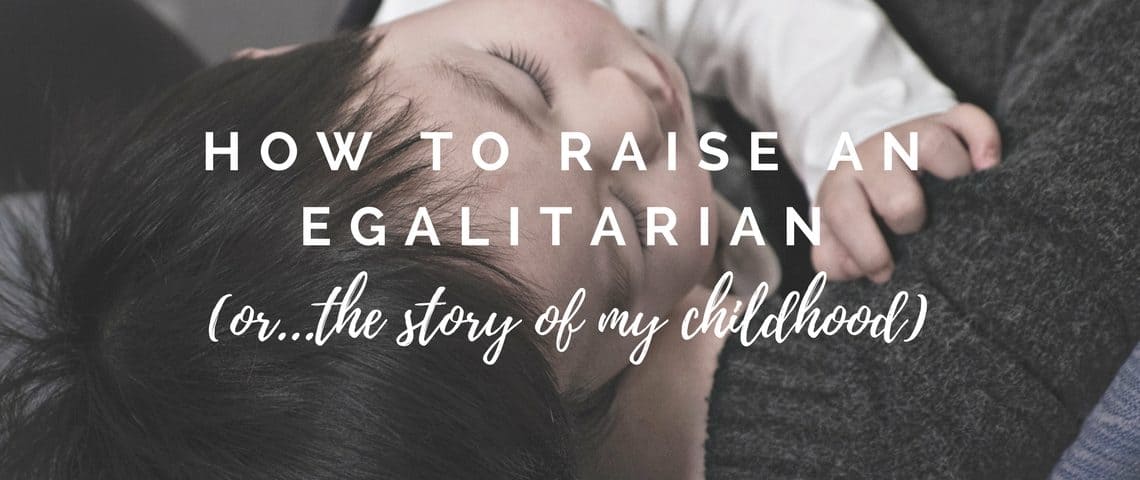For as long as I can remember, I wanted to be a pastor.
Raised as a pastor’s kid, my childhood is filled with memories of church and all things related. As a child, I loved the church; the building, the people, the preaching, and the programs. I sat in the front pew with my notebook scribbling down phrases from my dad’s sermons, trying to soak in as much as possible.
I relished the chance to sing a special song or play a piano solo in front of our small church and did so beaming with pride. I wished for opportunities to star as Mary in the Sunday School program when I got a little older. I couldn’t wait for the day when I was old enough to attend youth group and the ‘cool’ programs that the church ran.
I didn’t just love the church though – I really loved Jesus too. My childhood bibles mimicked those of my parents. They are filled with underlines, highlights and classic Christian quotes scribbled inside the cover. I soaked up every family devotional and worship song that played in our house. My conversations with my parents were filled with questions about sermons and what they taught in church. And they were always answered.
My parents never made me feel like a ‘junior’ Christian because I was a child, or because I was a female.
When I wanted to be baptized in water, my dad let me sit in on the Christian Living course he offered. And he baptized me along with the other candidates at the ripe old age of 9. When I told my parents I wanted to be a pastor when I grew up they didn’t laugh or tell me ‘no’. They thought that was a great dream. When I asked to sing a song I wrote in church (a lyrical masterpiece, I thought, at the time), my Dad made an overhead sheet for the projector and sang it with pride.
I was never raised to think I couldn’t do something because I was a girl.
In fact, my childhood memories are full of moments where I thought I could. And because of my parents, I did. As I grew older and my dreams of ministry got more serious, my parents gave me every opportunity to be involved in the small churches they pastored. I led worship when I only knew three chords on the piano. I shared testimonies and devotionals with our youth group. They asked for my input on programs and issues that were happening in our church. Each night before I went to sleep, my dad spoke these words:
“I love you, I’m proud of you, and you’re going to be a great leader someday.”
A leader – he called it out in me before I even saw it in myself. I never doubted I could be a leader, a pastor, in fact, whatever God called me to be. So, it was natural for me to pack my bags at the age of 17 and head to university to pursue a degree in theology. There, for the first time, I encountered professors and students who believed that women couldn’t be in ministry. It was the first time I had ever heard Scripture passages quoted demanding that women be silent and submissive. It was certainly the first time I’d ever entertained the thought that maybe I couldn’t be a pastor after all.
In spite of all these encounters, my faith in my calling wavered very little, because since I’d been a little girl, I was told I could be a great leader someday.
Not just a leader of Sunday school classes or women’s ministries, but a leader of whatever it was that God called me to. I had been told that by the people who mattered most in my life – my parents. I was confident throughout my training (despite the naysayers). If they believed in me, I could believe in me. If they affirmed God’s call on my life, even when I doubted, I could pursue it with confidence.
Fast forward to today.
After two years of full-time ministry alongside my husband, I was ordained at our denomination’s general conference. I cannot adequately put into words how it felt to have my father kneel behind me at that ceremony, and pray his blessings over our ministries. What was even more powerful though, was that this wasn’t his first affirmation. He simply affirmed in front of hundreds what he had affirmed in me for as long as I can remember. “You’re a great leader. God has called you, and God will use you.”
Those words that my dad spoke, the example he and my mom lived for us, the belief in my calling even when I doubted. These things have made me who I am today.
So that is how to raise an egalitarian.
It wasn’t a theological debate, a particular book or blog post that made me an egalitarian. It was the confidence of my parents who lived it and instilled it in me. While strategies and theology matter, that isn’t what made the difference for me. Those simple words – “you’re going to be a great leader someday” – have stayed with me every day of my life. The moments of belief, of affirmation, of putting me on a platform even when I was still young and embarrassed myself. Those moments have made me who I am today. They continue to impact me and echo in my heart each time I stand to preach, lead in worship, or teach a children’s church class.
“You’re going to be a great leader. God has called you, and God will use you.”
I challenge you to speak those words to the children in your lives. Believe in them, give them the opportunity to shine – no matter where their giftings are. Let them embarrass themselves in public arenas, but beam with pride when they do. Answer their theological questions with age-appropriate answers, but with serious attention. Pay attention to their gifts, and find places to foster them. Be a voice of affirmation amongst the naysayers. Then watch them blossom and grow into confident leaders of their own.
Photo by Laura Lee Moreau





6 responses to “How to Raise an Egalitarian”
Have read with great interest as my own parents were always so supportive and so proud when I became ordained. But what a shock to hear people in the church still not willing to listen because of being female.
Rev’d Sue
Thanks for the kind words all! I’m glad that my experience could impact someone 🙂 Blessings!
What an amazing story and I love the prayer that your dad prayed with you as a child. Thank you for sharing this encouragement.
This is a great personal article. Thank you for sharing. I will share also with my friends and clients who are leaders and who inspire in and out of the church setting.
Awesome read. So proud of u Julia